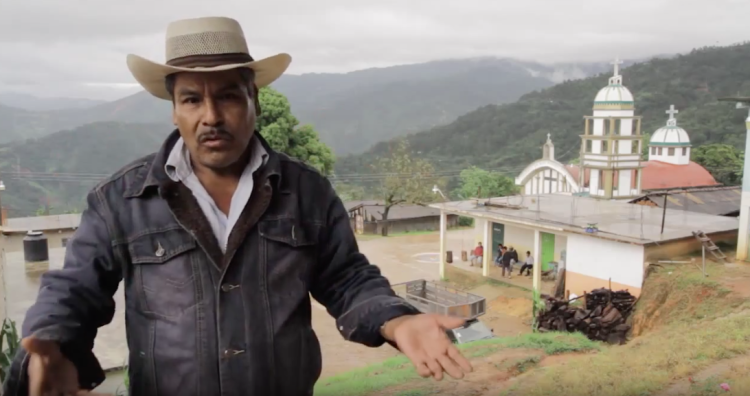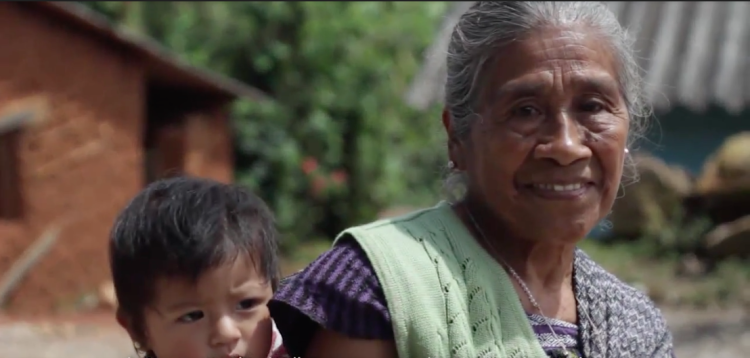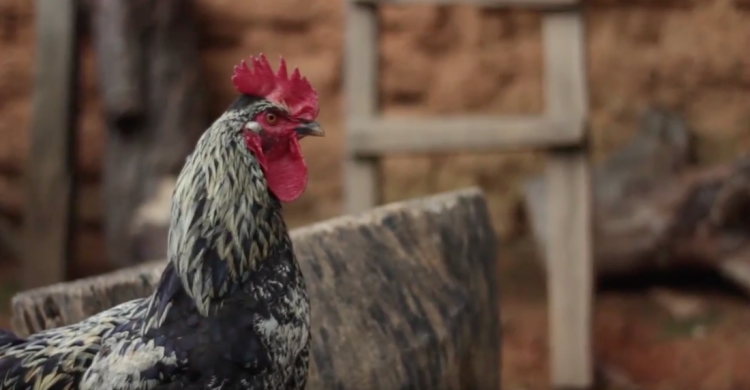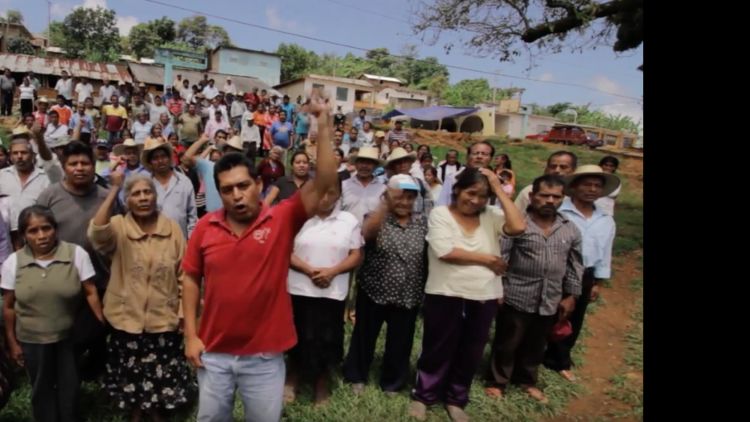![[object Object]](https://cdn.berthafoundation.org/wp-content/uploads/2018/11/shorthand/3176/mWYe0yURe0/assets/KWrTFGia4f/screen-shot-2018-03-23-at-17-06-08-1091x565.png)
VIDEO ADVOCACY CASE STUDY
LAND RIGHTS IN MEXICO
Indigenous Communities Using Video to Halt Mining Project
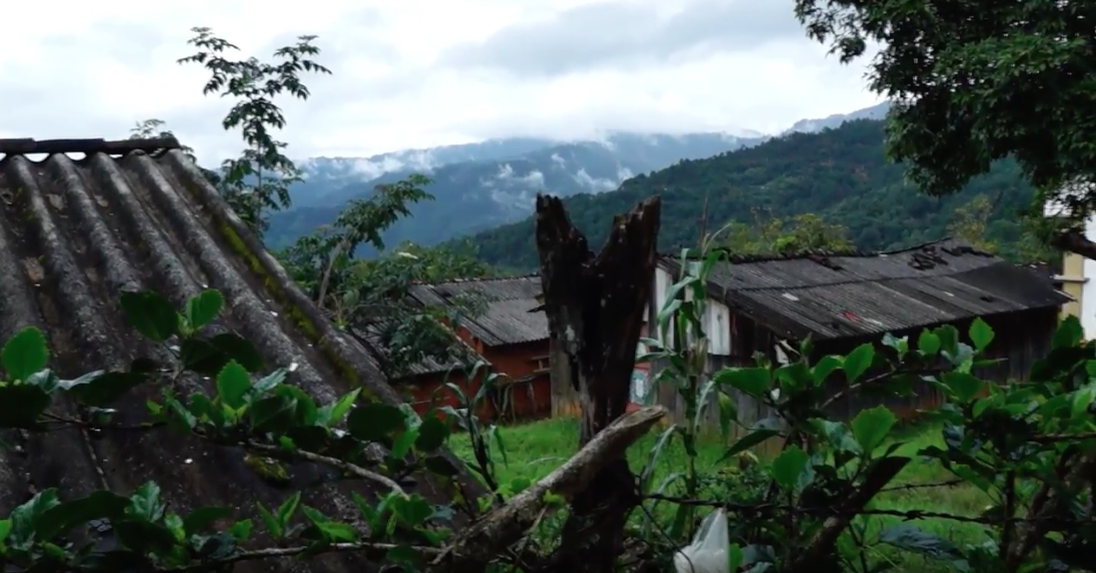
Summary
Organizations Producing the Videos:
The indigenous community of San Miguel del Progreso, also known as Júba Wajiín community
Centro de Derechos Humanos de la Montaña ‘Tlachinollan’Centro de Derechos Human os de la Montaña ‘Tlachinollan’
WITNESS
La Sandía Digital
Country of Production:
Mexico
Issues Addressed:
Indigenous rights: land rights and the right to consultation
Intended Use of Videos:
To influence legal decision around land rights and mining and serve as a mobilizing tool for other indigenous communities
Target Audiences:
Judicial authorities and other indigenous communities
Videos:
Mexico: Indigenous Community in Júba Wajiín Fights to Stop Mining on Their Land - 12 min
Mexico: Indigenous Community in Júba Wajiín Stops Mining on Their Land - 6 min
Mexico: Indigenous Community in Júba Wajiín Take their Case to the Supreme Court - 3 min
Júba Wajiín Community Fights For Land Rights -
1 min
The Issue
In 2011, the indigenous me’phaa (tlapaneca) community of San Miguel El Progreso - the Júba Wajiín community - learned that the Mexican government authorized Peruvian company Hochschild and Mexican company Zalamera to begin the exploitation phase for an open-pit mining operation. Known as the Corazón de Tinieblas project, this operation would encompass 80% of the Júba Wajiín land, yet the Mexican government granted the companies these mining concessions without consulting the community. In response, the Júba Wajiín collectively decided to oppose mining in the area and officially registered this position before the National Agrarian Registry (Registro Agrario Nacional) in September 2012. The Júba Wajiín then joined forces with a Regional Council, comprised of 200 communities spread across eight counties in the state of Guerrero that oppose mining on their lands.
Mexico is a signatory of several human rights instruments, including the Convention 169 of the International Labor Organization (ILO) which establishes that indigenous peoples have the right to be consulted on activities that affect their livelihood, such as mining concessions. However, the Mexican Mining Law Regulations do not recognize indigenous communities’ right to consultation. In 2014, Tlachinollan and the Júba Wajiín community filed an injunction requesting that Mexico’s Supreme Court determine whether the Mining Law was constitutional and compatible with the country’s international human rights obligations.
The Organizations
Located in the high mountains of the municipality of Malinaltepec, the Júba Wajiín community gained recognition of their ancestral lands in 1994.
The Centro de Derechos Humanos de la Montaña (Tlachinollan) is an organization that works with indigenous and rural people in the southwest state of Guerrero, a state plagued with poverty and whose mountainous area is rich in mineral deposits such as gold, lead and iron. Since 1994, Tlachinollan has documented human rights cases and provided legal counsel to communities so that they can defend and promote their rights.
WITNESS trains and supports activists and citizens around the world to use video safely, ethically and effectively to expose human rights abuses.
La Sandía Digital and Tequio Audiovisual are members of the free media network, Tejemedios.
Why Video?
In 2013, Tlachinollan attended a Video for Change Convening which brought together a group of filmmakers, trainers, human rights defenders and activists, including representatives from WITNESS. The participants jointly agreed to address extractive activities in the region and the case of Júba Wajiín became a priority for three main reasons: first, the legal case was pending before the Supreme Court and judicial authorities which were so geographically distant from Guerrero that video would be the best way for these decision-makers to hear directly from communities and see how they depend on natural resources for their own livelihood and cultural existence. Second, the process of producing the video and being heard by judicial authorities promoted the principles of agency, participation and access to justice which are key to human rights work. Finally, the process of filming motivated the Júba Wajiín community to stay united and share experiences with other communities facing similar plights elsewhere, thereby inspiring and motivating other indigenous communities to protect their lands.
Advocacy Objectives and Target Audiences
Federal authorities repeatedly claimed that Júba Wajiín was not an indigenous community and therefore did not have the right to be consulted. Within this context, two of these videos set out to strengthen the case’s legal and advocacy strategy: one targeted the Supreme Court and judicial authorities to give them a glimpse of the Juba Wajiín’s life as an indigenous community; the other targeted the general public via social media to galvanize public support for the community’s stance against the mining concessions. A third video shared effective strategies for mobilization with other communities in Mexico and Central America.
The Videos
The Júba Wajiín community, Tlachinollan and WITNESS partnered to jointly define the goals, messages, audiences, scripts, production strategy and distribution for the three videos. The project produced four versions: a 12 minute video, 6 minute video, 3 minute teaser and 1 minute spot. There is also a full-length 40 minute video forthcoming, which will delve into how the Júba Wajiín community has organized and developed communication strategies to address the imminent threat of mining on their lands.
The 12 minute video highlights the community’s indigenous customs and their relationship to the land - the natural resources upon which they depend for food and water, as well as their spiritual connection to the land and its importance for the community’s cultural survival. The video explains how members received the news of the concessions and then organized to confront the threat of mining. It specifically shows Júba Wajiín’s governance structure which resolves disputes through dialogue, much like the land consultation process to which the community is entitled yet was not granted. Finally, the video ends with a powerful message to the President of Mexico saying that the community knows that the law and Convention 169 is on their side, recognizing their right to consultation.
For all videos, the partner organizations committed to make the production process participatory and collaborative, thereby strengthening the community's own campaigning and internal organizing. The filming was done mostly by Tlachinollan, WITNESS, La Sandía Digital and Tequido Audiovisual over roughly 10 weeks. Tequio Audiovisual and La Sandía Digital edited the videos over six months with a budget of $10,000. The Júba Wajiín community played a key role in writing the script and led the field production by preparing locations and testimonies, and will also participate in subsequent distribution strategies.
Impact Distribution Strategy
The 12 minute video was directed to Supreme Court Justice Olga Sánchez Cordero who was responsible for overseeing this case. The 3 minute video is a shorter version of the same film for decision-makers who might not watch a full 12 minute video. The strategy was to engage public opinion leaders, as well as advisors of the Supreme Court and other close collaborators who could comment on the issue. In December 2014, based on the same footage, Tlachinollan launched a 1 minute video to raise public awareness amongst civil society and worked closely with journalists to create media traction around the case.
Impact and Outcomes
In October 2015, given the public pressure garnered by many advocacy efforts including the videos, the two companies Hochschild (Peru) and Zalamera (Mexico) withdrew from the concessions. Many believe that this was a legal strategy so that the Supreme Court would not rule the Mining Law is unconstitutional for failure to acknowledge the right to consultation, which would require redrafting of the law. This victory directly benefited at least 240 indigenous communities in six counties.
In December 2015, the case reverted to a lower court, which, in July 2017, issued a decision establishing that indigenous communities have the right to be consulted before any concession is granted. The Mexican state then challenged this decision, which is pending as of March 2018. If the lower court accepts the Mexican state’s challenge, the case goes before the Supreme Court again. If not, the decision remains and the Júba Wajiín territory cannot be included in a future concession. This landmark case can shift how Mexico carries out mining and other megaprojects, demonstrating how one mobilized community can guarantee legal protections for all communities across the country. After the two mining companies withdrew from the 42 mining concessions they had been granted, WITNESS and TEQUIO re-edited the video to reflect the victory:
Mexico: Indigenous Community in Júba Wajiín Stops Mining on Their Land - 6 min
When a lower court judge ruled that indigenous communities in Mexico have the right to be consulted before any concession is granted, TEQUIO edited a 1 minute spot to communicate the importance of this win to the mass media: Júba Wajiín Community Fights for Land Rights
Journalists have used footage from the videos to report on Júba Wajiín’s plight, which has influenced the framing of this kind of story in Mexico. Traditionally, mass media has lacked sympathy for communities’ claims to land rights, equating opposing mining to being an obstacle to Mexico’s economic development. Yet journalists who used the footage have depicted the community’s plight in a more sympathetic way which can in turn influence public opinion on the issue.
Al Jazeera (international media outlet)
La Jornada (Mexican newspaper)
SOURCES
PDF: Una batalla a cielo abierto en la Montaña de Guerrero por la defensa del territorio y la vida
WITNESS: Mexico: Indigenous Community in Júba Wajiín Use Video to Help Stop Mining on Their Land
tlachinollan.org: LA INCANSABLE LUCHA de Júba Wajiín por ser y vivir como hijas e hijos del fuego
INFORME | JÚBA WAJÍÍN: Una batalla a cielo abierto en la Montaña de Guerrero por la defensa del territorio y la vida
V4C BLOG: Primera reunión de video para el cambio social en México y Centroamérica: video memoria
WITNESS: Indigenous Communities Win Land Rights Victory in Mexico's Federal Court
VIDEO: Juez otorga amparo histórico que impedirá concesiones mineras en la Montaña de Guerrero
LAJORNADA: Victory me'phaa on mining project Corazón de Tinieblas
SPDnoticias.com: Juba Wajiín, the town of Guerrero that defeated the miners
[internal project planning documents]



